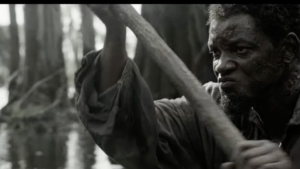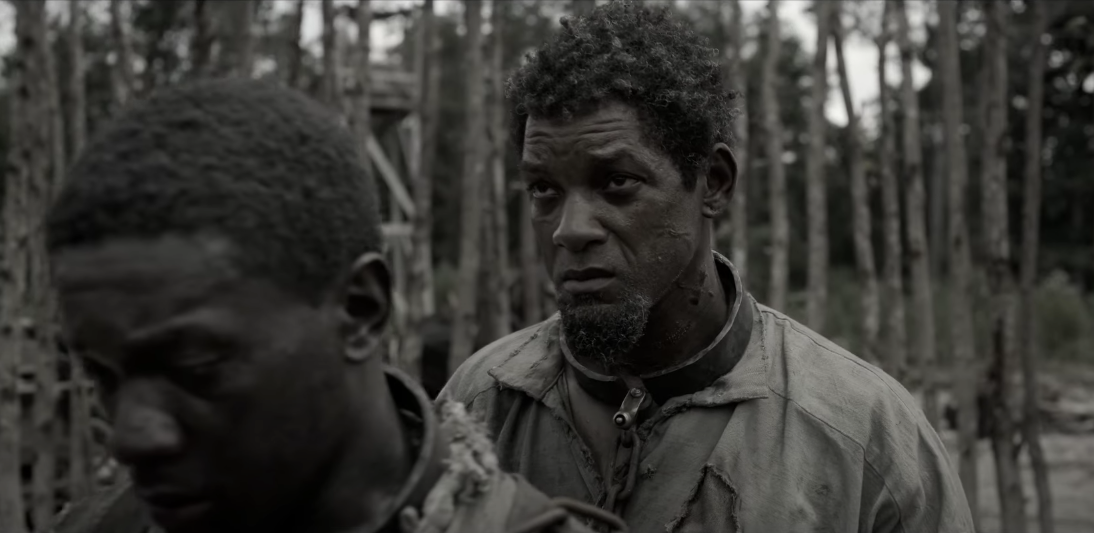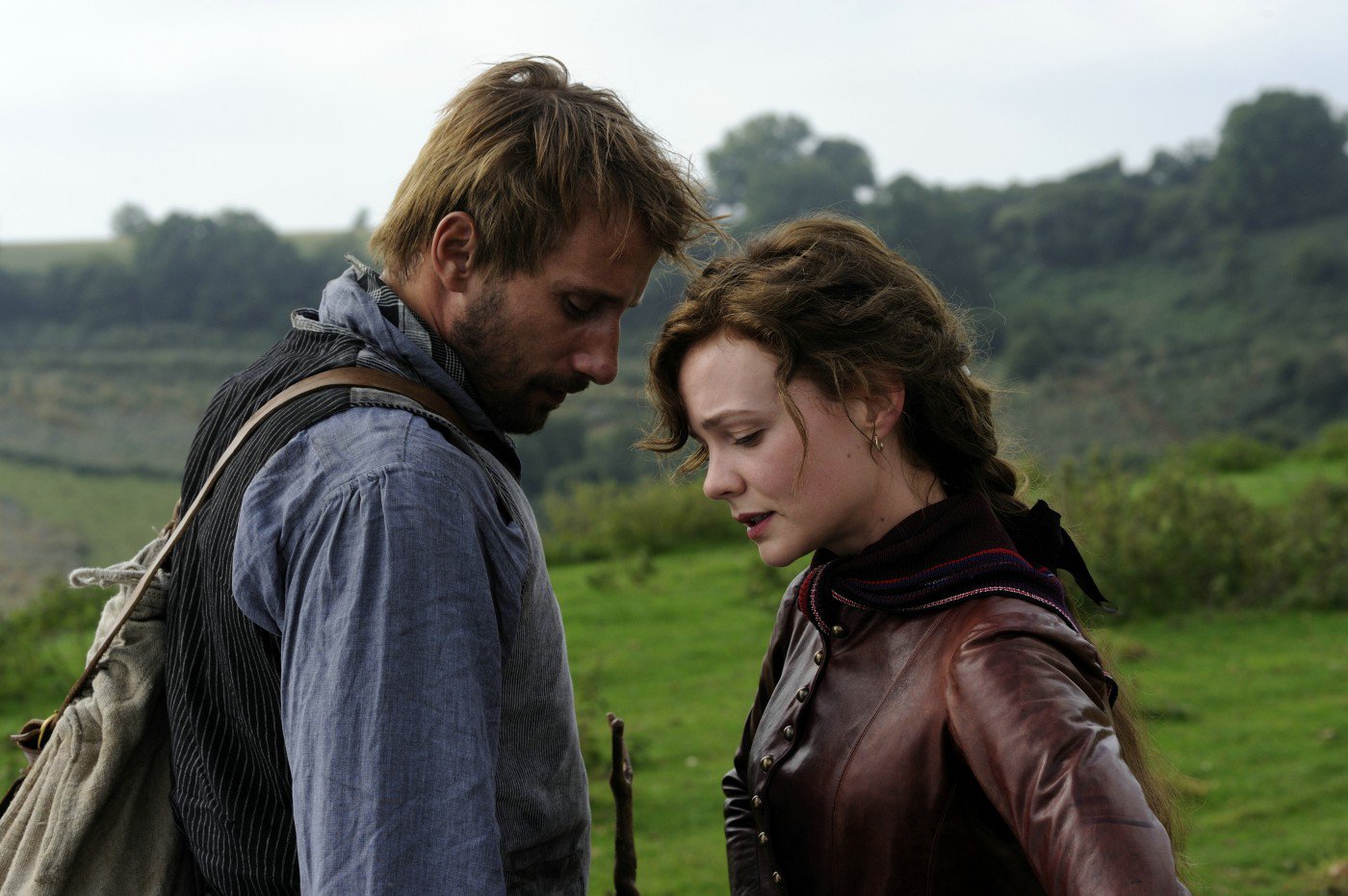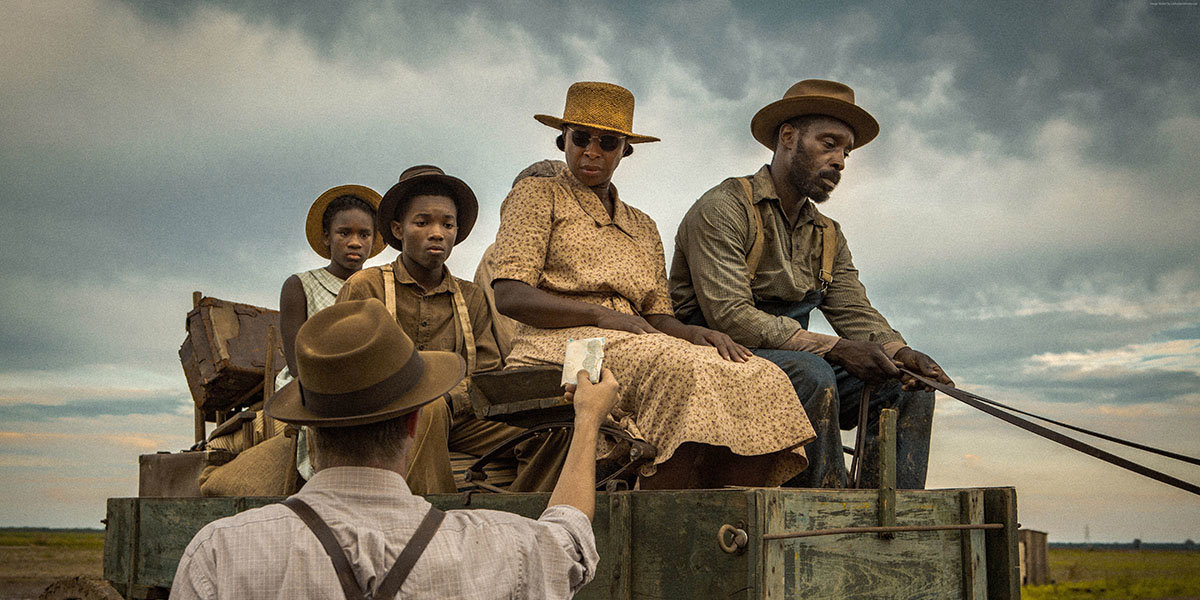Slavery is bad. And I can’t believe I live in an age where people question that truism. Trumpers, racists, fascism apologists (if any of you can be separated from the others, that is), you’ve really screwed with American life. Slavery was an awful, awful thing and needs to be described in detail to every.single.American not only so it never happens again, but so we can understand slavery as a reference point for why things are the way they are. Freedom doesn’t happen in a vacuum.
The Emancipation Proclamation was issued on January 1, 1863. At the time, the Civil War was almost two years old and there was no guarantee the North would win. Up until that point, the North, despite overwhelming advantages in economics, population, and industry, had lost most of the major battles in the war. The Proclamation was more a shrewdly political move than it was a document representing the goodness and kindness of a benevolent people, for it freed only slaves belonging to states in rebellion (it did NOT free any slaves in slave states that remained loyal to the Union) — which the United States at the time could not guarantee—AND it was written specifically to keep slave-loathing countries like England and France out of the war. But it was decidedly symbolic; few people at the time understood symbolism quite like Abraham Lincoln and the Proclamation served as a key step towards ridding slavery in the United States. In reality, however, The Emancipation Proclamation was about as close to what we pretend it is as Obamacare resembles universal healthcare.
By the beginning of1863, the Union had made inroads up and down the Mississippi River, but far from controlled it all. Emancipation takes place in Louisiana of early 1863, where the slave-controlled South still sought to use the river for their war effort. Emancipation is about a heavily-scarred slave, Peter (Will Smith) who -at the beginning of the film- is forcibly removed from his family on a downstate Louisiana plantation to help build railroad tracks with Mississippi River access some 100 miles or so north.
Emancipation was filmed in black and white and the first thirty minutes is entirely about atmosphere – a slave is literally branded on his cheek; another dies from hard labor; the slavers force yet another to toss the new corpse into an open mass grave and add lime to enhance decomposition. Slaves are not only treated as inferior to the white slavers, they are treated worse than the animals tied to the worksite. At night, the slaves are penned up in one big cell kept watch by men with guns. A slave could be shot at any time for any reason with neither explanation nor penalty. Slaves perceived to be escaping would not only be killed, but likely have their corpses or disembodied heads displayed in common slave areas as consequential reminders. This is entirely true with the reality of 1863 Louisiana.
Most of this movie is about a chase. Seeing opportunity, Peter (Will Smith) uses confusion and surprise to take off towards the swamps. Prior to this attempt, he has learned two key things: 1) the Emancipation Proclamation has been enacted and 2) Union troops have invaded Baton Rouge. If Peter can travel the swamps and find Union troops before he is caught, he will be free. This, of course, is easier said than done: not only is Peter trailed by a sharp-shooting slaver (Ben Foster) on horseback, but the slaver has a posse and several slave-sniffin’ dogs with him. Oh, and the swamps of Louisiana aren’t exactly friendly to people who aren’t injured, bloody slaves, let alone someone who is all three. Find food, find water, tend to injuries, throw off the dogs are all fine goals that mean absolutely nothing if one encounters a venomous snake or an alligator.
Peter isn’t your average slave; part of what makes this film work is Peter has somehow retained several wilderness survival skills, all of which will come in handy. No, Peter doesn’t understand  mirrors or grandfather clocks, but he knows how to get honey from a beehive without getting stung. This a decidedly above average chase movie.
mirrors or grandfather clocks, but he knows how to get honey from a beehive without getting stung. This a decidedly above average chase movie.
At one point in the film, Fassel (Foster) describes why slavery continues. His explanation is one of fear of (his) society being overrun. This seems very similar to the Thomas Jefferson quote that slavery was like holding a: “wolf by the ear, and we can neither hold him, nor safely let him go.” I daresay, however, Jefferson was not your average slaver, nor was his foresight common. Fassel’s position seems akin to a present RW fear of immigration. There’s a big problem here in that such an attitude softens slavery; it almost justifies it. The truth is that slavers and their apologists at the time believed blacks inferior to whites. Period. It was easy to enslave those you saw as chattel, no different than horses, cows, or pigs.
I can’t say I’ve enjoyed a lot of the works of Antoine Fuqua; his last feature film, Infinite, was an absolute disaster. This one, however, is a winner. Don’t let the artificially low imdb fool you; that’s heavily influenced by racist MAGA trolls. The biggest problem with Emancipation has absolutely nothing to do with the film, which is exciting, beautiful, and moving – the biggest problem is we’re still not done castigating Will Smith. Will Smith’s Oscar slap still taints everything he does these days and Emancipation, unfortunately, is no exception. I’m guessing this film will age well as it begins life at a nadir what with Smith’s baggage and RW trolling being about relative peak. Unfortunately, just about the worst thing a film can do is begin life at a nadir. Don’t let that curtail your enjoyment.
An escapee figures he has nothing to lose
When a swamp seems to confound his ruse
Don’t want to be a hater
But between slave and gator
Which dire ending would you choose?
Rated R, 132 Minutes
Director: Antoine Fuqua
Writer: Bill Collage
Genre: Our screwed past
Type of being most likely to enjoy this film: Historians
Type of being least likely to enjoy this film: MAGA



